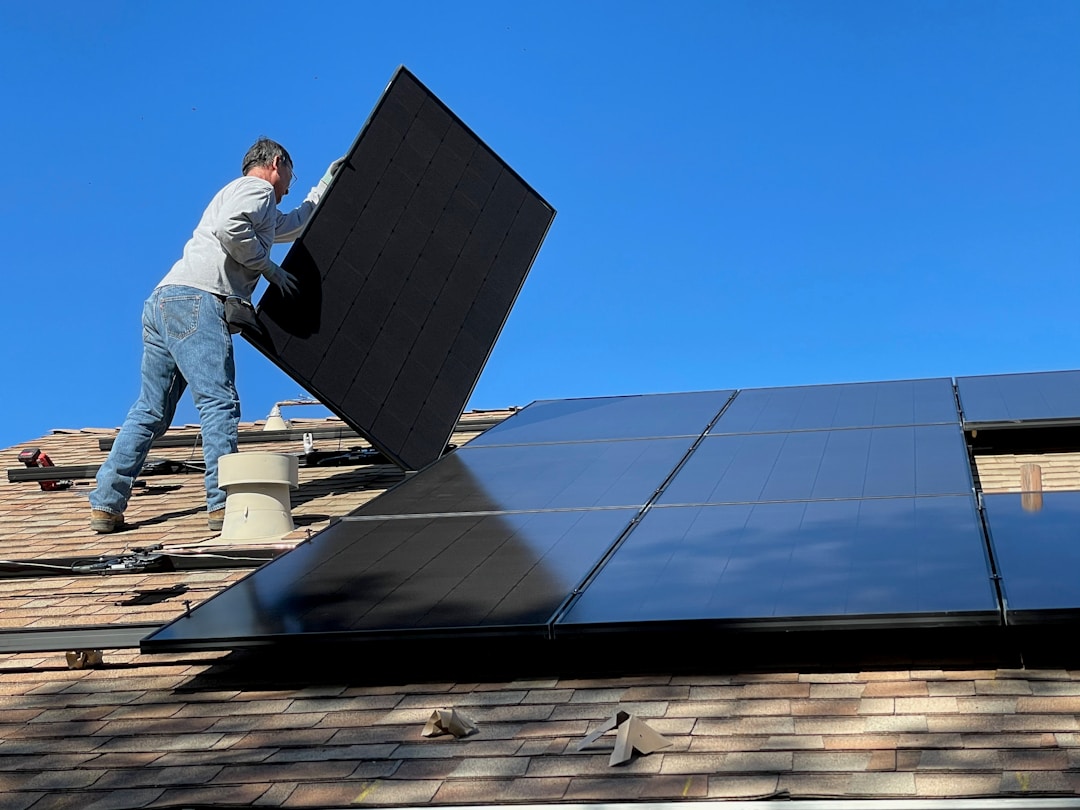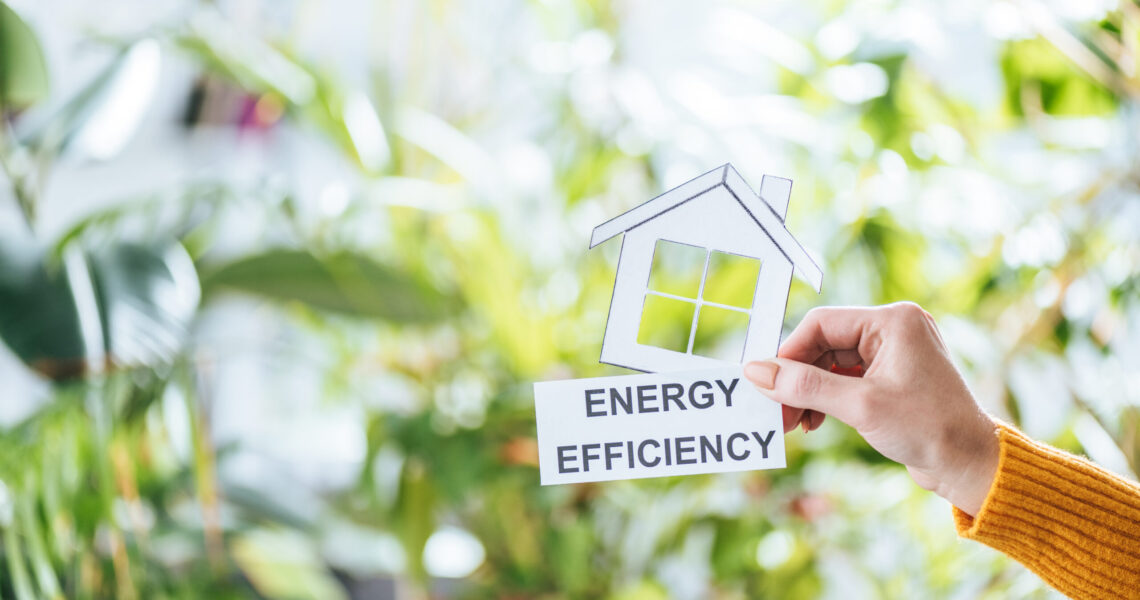As the world continues to grapple with environmental crises, there has been an increasing push toward energy efficiency in every facet of our lives. From hybrid cars to sustainable manufacturing practices, the world is steadily becoming greener. However, energy efficiency starts at home, and there are a multitude of ways you can contribute to this global effort. Whether it’s through simple adjustments to your daily habits or large-scale home renovations, every effort counts. In this article, we will discuss various ways you can improve energy efficiency in your home.
The Role of Effective Heating and Cooling Systems

An essential aspect of energy efficiency is the optimization of heating and cooling systems inside homes. These systems are often the biggest energy consumers in domestic properties. Ensuring they run efficiently not only reduces energy consumption and utility bills but also increases system lifespan, saving costs on maintenance and replacements. Maintaining temperatures in the home contributes to energy efficiency, as an amount of energy is wasted when the system works overtime to maintain the desired temperature.
Regular maintenance is integral to keeping your heating and cooling systems running efficiently. This involves keeping filters clean, checking systems for leaks, and ensuring ducts are adequately insulated. Timely inspections and regular servicing can save a substantial amount on energy costs in the long run. An HVAC company like Super Service Cooling & Heating caters to the needs of every home, ensuring you find the most efficient way to heat or cool your house.
In addition to maintenance, upgrading your system can pay off. Advanced technology now allows for heating and
cooling systems to work at a fraction of the cost it took years ago. From smart thermostats that optimize temperatures according to your lifestyle to energy-efficient air conditioners, investing in new technologies will improve the energy efficiency of your home.
The Power of Solar Energy

One of the most profound ways to improve energy efficiency is through the use of solar energy. Solar panels capture sunlight and convert it into electricity, radically reducing reliance on non-renewable sources of energy. This results in a reduction in energy costs and carbon footprints. Moreover, solar/ panels increase a home’s value. As more home buyers become aware of the benefits of solar energy, the demand for solar-powered homes has increased
Solar panels are sturdy and require little maintenance, making them a viable long-term investment. Today, numerous services such as Maui Solar Panels offer solar panel installation and maintenance, making the transition easier than ever. Though the upfront cost of solar panels can seem daunting, the long-term savings offset the initial investment. Governments often provide various incentives to homeowners who install solar panels, making them even more affordable.
Efficient Lighting and Appliances
The third way to increase the energy efficiency of your home is by focusing on lighting and appliances. Lighting accounts for a substantial percentage of a home’s energy use, and switching to energy-efficient light bulbs can drastically reduce this. LED bulbs, for instance, use 75 percent less energy than traditional incandescent bulbs and last 25 times longer. Similarly, energy-efficient appliances can reduce your home’s energy consumption.
From refrigerators and dishwashers to washing machines and dryers, numerous energy-efficient models are available in the market today. These appliances use less water and energy, which results in substantial savings on utility bills. Instituting habits such as turning off lights and appliances when not in use can add up over time, leading to considerable energy savings. It’s easy to forget to switch off, but this small act can contribute to the energy efficiency of your home.
Insulating and Sealing Your Home

Proper insulation and sealing are often overlooked but crucial factors in enhancing energy efficiency. They prevent air leaks, which can account for up to 20 percent of a home’s heating and cooling costs. By ensuring your home is well-sealed and insulated, you can prevent unnecessary energy loss. Effective insulation and sealing involve more than just doors and windows. Wall insulation, attic insulation, sealing ducts, and sealing outlet and switch plates are some of the critical focus areas.
As this article demonstrates, there are several ways through which you can improve the energy efficiency of your home. From transitioning to solar energy to optimizing heating and cooling systems, all actions—big or small—contribute significantly to preserving our planet. Remember, the journey towards an energy-efficient home is not a dash, but a marathon. It takes time, commitment, and consistent efforts to make long-lasting changes.
